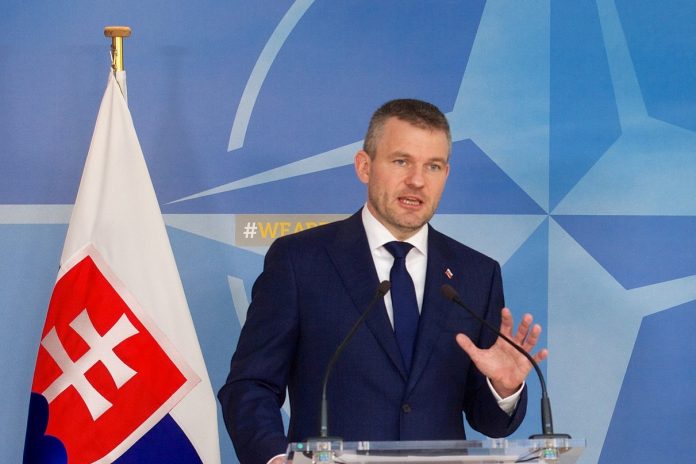To keep development and agricultural spending at current levels after Brexit, Slovakia’s prime minister said the European Union’s poorer member states are willing to increase their contributions to the bloc’s budget.
On May 2 the Commission proposed a seven-percent cut to cohesion funds in a 1.279 trillion-euro budget to help make up for the loss of Britain’s contribution after Brexit in March 2019.
Funds for agriculture, which with development funds account for the biggest share of the budget, are slated for a five-percent cut.
“We are willing to contribute more to the budget because we think that the EU should continue financing its priorities at the same volume as up to now,” said Slovakia’s Prime Minister Peter Pellegrini in Bratislava. He made the statement following talks by 15 mostly poorer EU members forming the so-called Friends of Cohesion group.
As reported by the Agence France-Presse (AFP), over half the EU’s members (Bulgaria, the Czech Republic, Croatia, Hungary and Poland as well as eurozone members Cyprus, Estonia, Greece, Italy, Latvia, Lithuania, Malta, Portugal, Slovakia and Slovenia) participated in the Bratislava talks on November 28 which come just two weeks ahead of the December 13-14 European Council summit focused on the future budget.
While Pellegrini did not go into detail regarding sums, he did suggest the EU’s remaining 27 members should fill the spending gap left by Brexit.
“Cohesion policy and Common Agricultural Policy should be simplified, effective and sufficiently flexible for member states,” the Friends of Cohesion group said in a statement.
“Both policies should be financed at the level of MFF (Multiannual Financial Framework) 2014-2020,” the statement added, in reference to the European Commission’s draft post-Brexit budget for 2021-2027.
“We want the budget as it is today,” Pellegrini insisted, but also conceded that “if the budget is to be reduced, then we ask for more flexibility” in spending choices.

